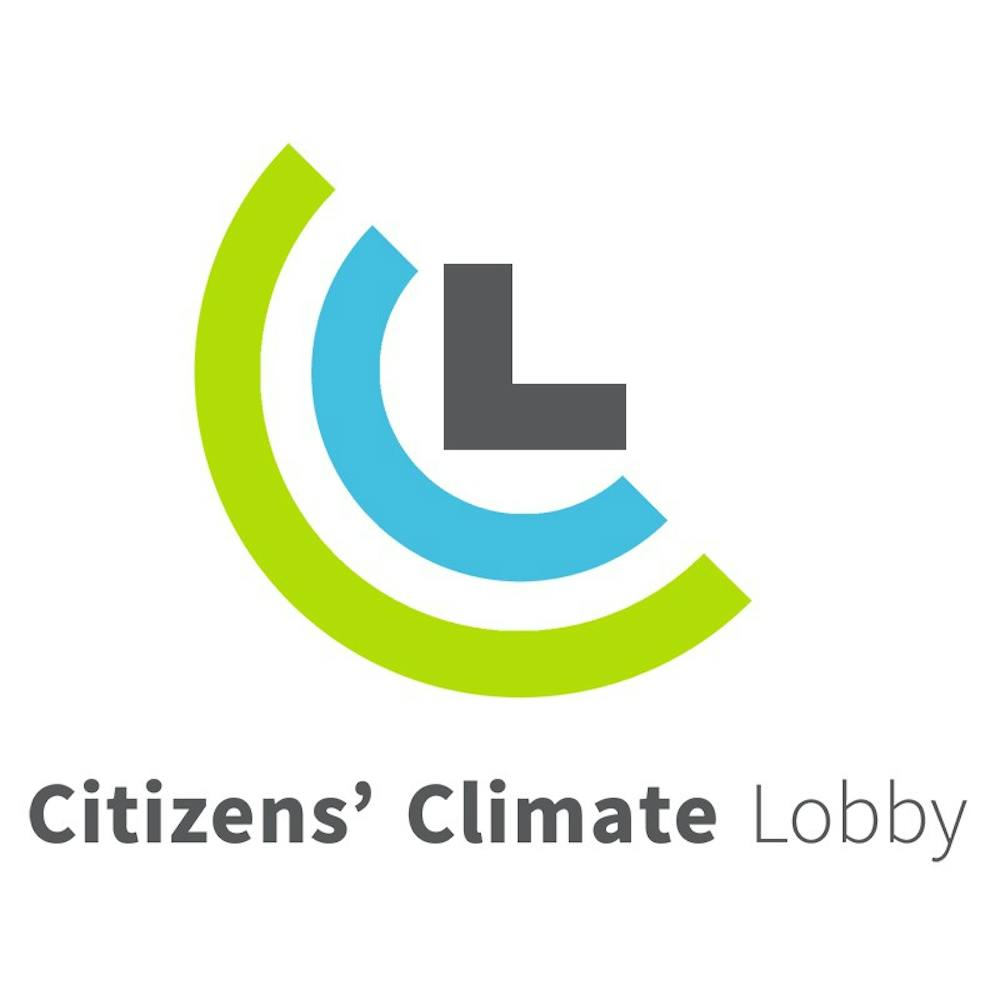If you are interested in joining the lobby, contact John Vann at jvann@bsu.edu
Muncie recently joined hundreds of other cities across the nation by starting an East Central Indiana chapter of Citizens’ Climate Lobby.
CCL is a nonprofit, nonpartisan organization open to all people wanting to see a change in the environment. Volunteers annually lobby all 535 members of Congress to see a change in legislation that would allow the pricing of carbon in an equitable way.
John Vann, professor of marketing, and Ted Wolner, professor of architecture and humanities, started the East Central Indiana chapter after participating in various Citizens’ lobbying efforts.
Goals
The lobby seeks to place a carbon fee on all forms of carbon emissions and greenhouse gases where they first enter the American economy. The fee would start at $15 per ton of carbon dioxide and increase by at least $10 annually.
This means that the carbon fee would make investment in fossil fuels less desirable, while making solar, wind, geothermal and hydroelectric infrastructure projects more competitive.
“The point is to reduce carbon emissions which are the primary driver of climate change and global warming,” Wolner said. “Eighty percent of global warming is attributed to carbon emissions.”
Virtually all economists — conservative and liberal, supply-siders and deficit spenders — view a price on carbon as the single most efficient and effective way to reduce carbon emissions, Wolner said.
In addition, equal monthly dividend fees would be paid to every adult in America out of the net carbon fees collected each month.
“When we get the dividend, we are free to go into the market place and spend that money however we want,” Vann said. “The notion is that the fossil fuels will get squeezed out of the economy.”
Wolner said an impartial study estimates that 66 percent of households would break even or come out ahead.
Why it matters
Aside from the current trend in global warming, Vann and Wolner said there are many other reasons this legislation is necessary.
“The Pentagon for years has been saying that climate change is a security threat,” Vann said. “In fact, the Norfolk base periodically floods because of sea level rise.”
In addition, Wolner said the emissions we send up now could affect the climate and weather 30 years from now.
“[The millennial generation] is going to live through some very unpleasant things weather wise, climate wise,” Wolner said. “And what we’re sending up now is at a much higher emission level than what was sent up 30 years ago.”
The positives
In addition to seeing a lower global temperature, Wolner said over a 20-year period, about 2.8 million jobs in renewable energy would be created and there could be a 1.3 trillion bonus on the U.S. gross domestic product.
He also said it could slowly halt the increase in frequency, duration, intensity and damage caused by forest fires, downpours, floods and droughts.
According to the Citizen’s Lobby website, this legislation will put America in a position of leadership on climate legislation, decrease U.S. dependence on foreign oil which will increase national security and will help eliminate smog and pollutants from the atmosphere.
The support
The Citizen’s Climate Lobby has support from all around the nation according to Vann and Wolner.
They have formal endorsements from 24 municipal governments, 39 editorial boards and the California state legislator. Seventeen Republican members of the House of Representatives have signed the Gibson Resolution that states that human-caused climate change requires government action now.
Ten Republicans and 10 Democrats have also formed the House Climate Solutions Caucus to look at more legislative options.
The jobs
Because the lobby is a grassroots organization, Vann said all work done on their behalf must be done voluntarily.
“The volunteers are the labor force for the lobbying effort,” Vann said. “We need people with all kinds of different interests to volunteer.”
Volunteers can help the effort through direct lobbying with elected representatives, building relations with the media and public figures, recruit more members of the public, and attend chapter meetings.





